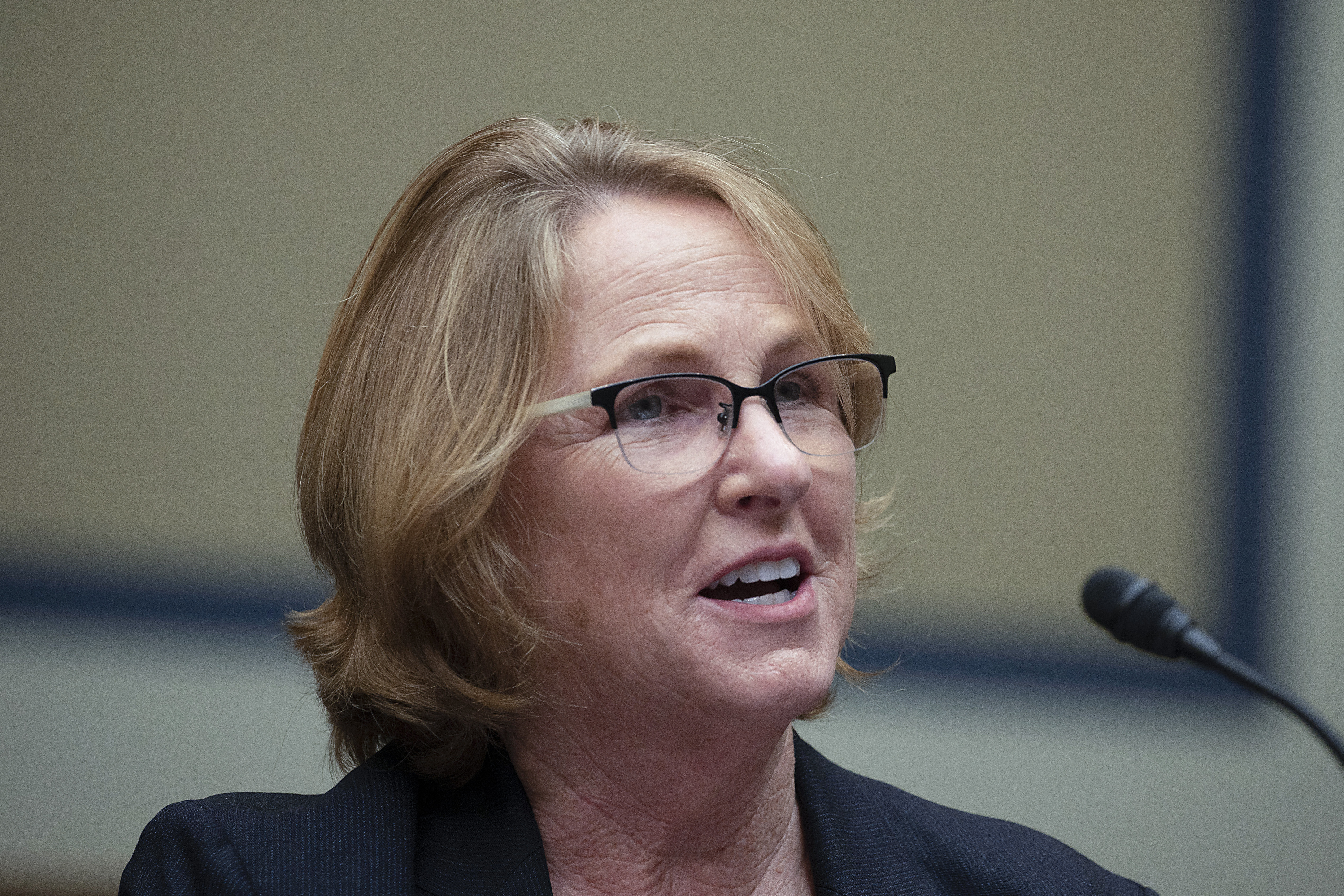YORK COUNTY, S.C. (WJZY) — School lessons on slavery are taught nationwide in classrooms, but one South Carolina legislator has proposed a bill that could change that.
State Rep. Jermaine L. Johnson, (D-Dist. 70), wants to ban educators from teaching about slave owners in schools across the Palmetto state. He says he’s just trying to make a point.
“Anybody that’s a slave owner, that includes George Washington, was a slave owner,” said Johnson. “That includes Thomas Jefferson. He was a slave owner. That includes Christopher Columbus. All these people that they hail as their heroes, the Founding Fathers, you know, the people that made America based on their opinions, these people owned slaves.”
Johnson filed a bill on January 24 that would stop educators from teaching about enslavers.
While it may be a touchy subject, it was a sarcastic response to House Bill 3728, “South Carolina Transparency and Integrity in Education Act.”
Six state Republicans proposed the bill to ban critical race theory, a way of thinking about America’s history through the lens of racism. CRT has become a major focus by some conservatives nationwide, although there’s little evidence that the academic framework — CRT is not a standard, teachable class program — is officially being taught in public schools. CRT dates back to 1970s’ law practices and aims to address injustice in how the legal system has historically treated people of color, as explained by Middle Tennessee State University.
State Rep. Raye Felder is the sponsor.
Felder’s bill prohibited several concepts that could be taught in class, including teachings that “create a narrative that the United States was founded for the purpose of oppression, that the American Revolution was fought for the purpose of protecting oppression..”
While HB 3728 bills itself as being against teachings that “one race, sex, ethnicity, color, or national origin is inherently superior to another,” the American Civil Liberties Union of South Carolina says it would “have a chilling effect in the classroom” and “create a system wherein any parent can claim that a teacher is breaking the law.”
It’s a concern shared by Johnson, who wonders who gets to enforce the correct interpretation of Felder’s bill.
“If the instruction is being taught up in Greenville, South Carolina — well, that’s a more conservative area, they’re going to interpret it differently than a place like Charleston or Richland County,” Johnson said.
One Fort Mill parent says she doesn’t want either bill; she wants all history taught in schools.
“I don’t want to take history away from anybody. Our kids need to know the history. They need to know the history of Black people,” she said. “American Indians, Asians, I mean, they need to know everybody’s history here in the United States.”
Johnson says a situation like this prevents some students from learning about their history.
“I just want people to understand that it’s not that I want history taken away or that I want one side taught more than the other,” Johnson said. “I want all history to be taught fairly: the good, the bad, the ugly, the indifferent.”
Johnson says Felder reached out to him and offered to compromise about both bills — something that everyone would hopefully accept.
As of right now, both bills are sitting in the education committee.




















































